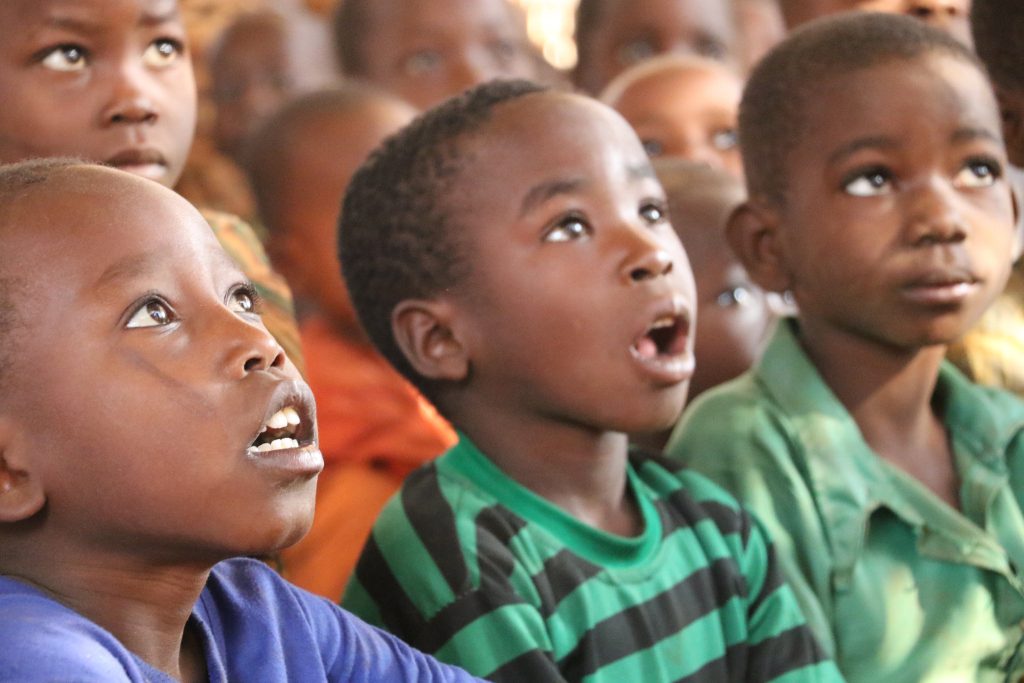Combatting poverty and malnutrition in Burundi
Goal: $26,000 US (~$36,000 Cdn)
The project
The Anglican Relief and Development Fund Canada (AFDFC) is partnering with the Diocese of Muyinga in Burundi to offer training in farming methods and animal husbandry, develop farmers’ cooperatives, plant trees, and provide goats, seeds, farming tools, tree seedlings and manure.
The long-term project goals include reduction in soil erosion, improved soil fertility, increased crop production and diversity, improved nutrition (and reduced malnutrition-related illness), and increased income for farmers’ so they can afford clothing and schooling for their children and become self-sustaining.
The Diocese of Muyinga implemented a pilot project in late 2013 which successfully achieved these goals. Now, with our help, the diocese will expand the program in the communities of Kiremba, Kiryama and Sanzwe. We anticipate that 900 households will be involved and benefit.

The Need
Burundi is ranked among the five poorest countries in the world. During the early 1900s, Burundi was first a German, then a Belgian colony. Since independence in 1962, it has seen continuous ethnic conflict and political turmoil.
It has a population of 10+ million people living in an area of 27,816 sq km – which is about ½ the size of Nova Scotia. The country is immediately south of Rwanda, and sandwiched between Tanzania and the Congo. It is landlocked but lies on the north-eastern shore of Lake Tanganyika.
An estimated 45-58% of children are chronically malnourished. And 80% of Burundians live on less than $1.25 per day.
